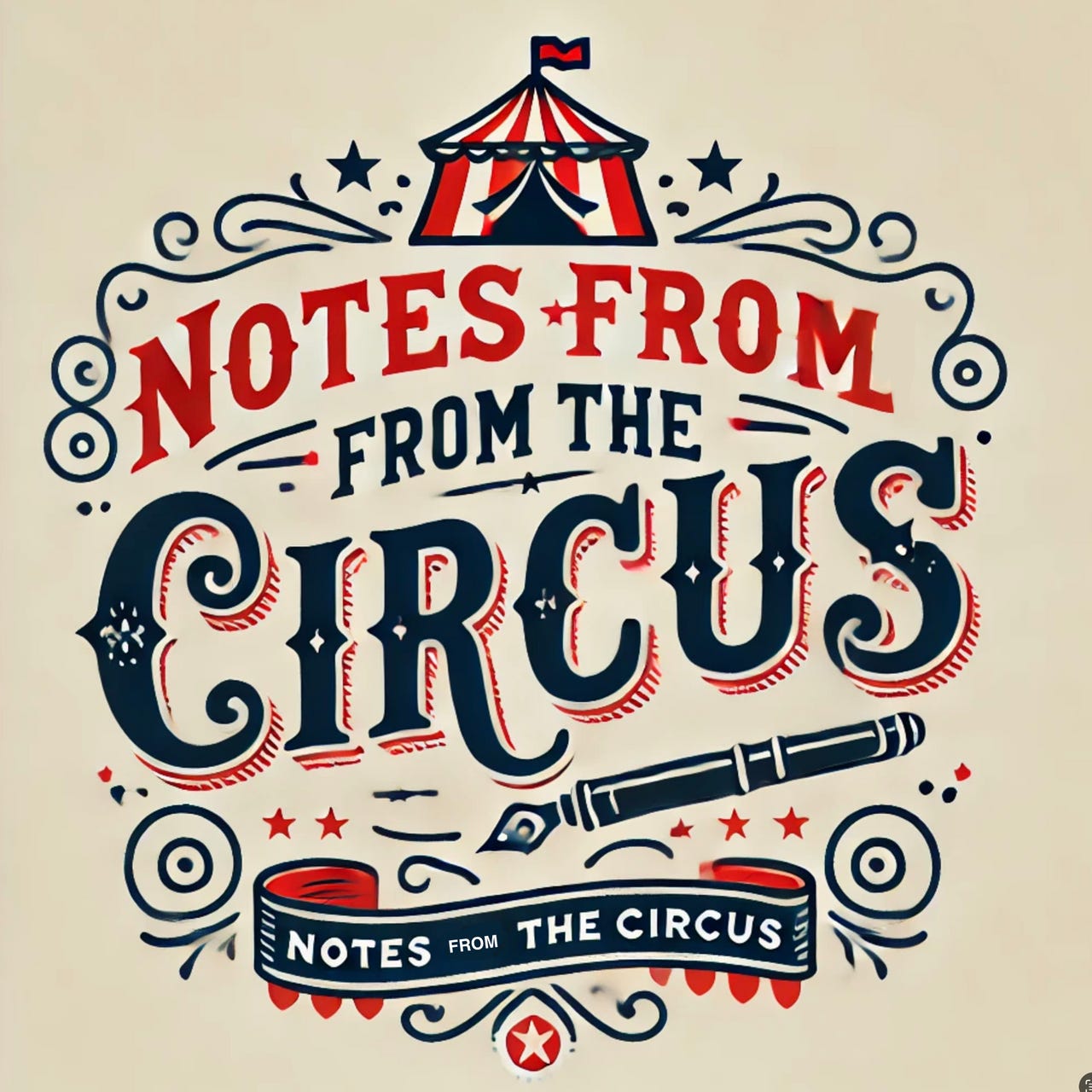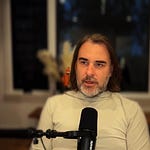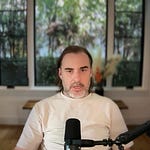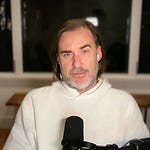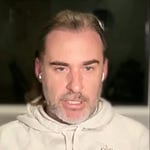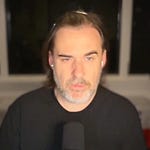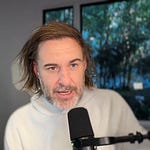In this Substack Live, I expand on my essay "Ideas Without Love" by diving deeper into Peter Thiel's psychological architecture as revealed through his remarkable interview with Ross Douthat at the New York Times. Building on this morning's analysis of how Thiel "loves ideas more than people," I explore what emerges as a portrait of someone who has synthesized Nietzschean elitism with what I characterize as Gnostic Christianity—creating a hierarchical worldview that evacuates any egalitarian notion from its moral center.
I explore how Thiel's genuine intellectual brilliance serves a fundamentally anti-social framework where human consciousness exists on a spectrum of cosmic value. His fear of death, his utilitarian calculus, and his view of himself as uniquely important to transcendent purposes converge into someone who simply wouldn't sacrifice himself for others—making him, by definition, monarchical in his thinking rather than democratic.
The theological dimension reveals this isn't mere sociopathy but sophisticated pathology. Thiel has convinced himself that his detachment from human welfare represents spiritual enlightenment, that his willingness to sacrifice others serves divine purposes rather than reflecting moral corruption. He sees America not as a romantic ideal worth dying for, but as an economic zone to be optimized—viewing the speeches of JFK or Reagan as mere opiates for the masses.
This analysis matters because we're living through a moment where these frameworks are shaping actual policy decisions. Understanding how someone can be genuinely brilliant while remaining fundamentally dangerous to human dignity isn't just intellectual exercise—it's essential for recognizing the choice we face between ideas that serve people and ideas that treat people as expendable in service of abstract principles.



